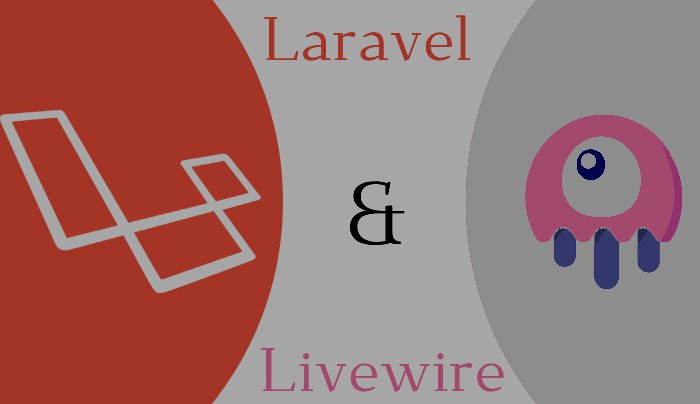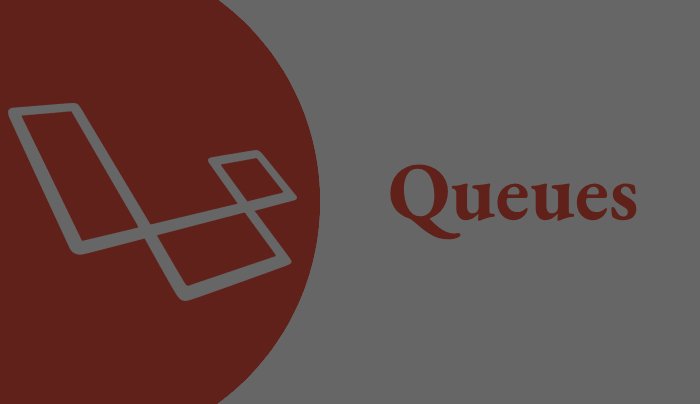MERN Stack
MERN stack, consisting of MongoDB, Express, React, and Node.js, has gained significant popularity in the web development community. It provides a robust and scalable foundation for modern web applications. This article will provide a comprehensive overview of MERN stack, exploring its advantages, and dissecting the components that make it so popular.
What is MERN Stack?
MERN stack is a popular technology stack used for building web applications. It comprises of MongoDB, Express, React, and Node.js. These technologies work together to create a full-stack development environment, enabling developers to build modern and dynamic web applications.
- MongoDB : A powerful, open-source NoSQL database. MongoDB is well-suited for handling large amounts of unstructured data, such as text, images, and videos.
- Express : A lightweight, high-performance web framework for Node.js. Express simplifies the process of building server-side applications and APIs by providing a set of robust features and a flexible, modular architecture.
- React : A popular JavaScript library for building user interfaces. React enables developers to create reusable UI components, manage the state of their applications efficiently, and efficiently update the UI as data changes.
- Node.js : A versatile, open-source JavaScript runtime built on Chrome's V8 JavaScript engine. Node.js allows developers to run JavaScript on the server-side, making it suitable for building a wide range of applications, from small web applications to large-scale enterprise applications.
Advantages of MERN Stack
The MERN stack offers several advantages over other technology stacks, making it a compelling choice for modern web application development.
- Full-Stack Capabilities : The MERN stack provides a comprehensive solution for web application development, allowing developers to work with a single technology stack from start to finish.
- Versatility : The MERN stack's modular architecture and JavaScript-based programming language enable developers to easily customize and extend their applications.
- Performance : React's virtual DOM, combined with Node.js's efficient handling of asynchronous requests, results in highly performant web applications.
- Strong Community : MERN stack has a large and active community of developers, making it easy to find resources, support, and solutions to common challenges.
- Cross-Platform Compatibility : Node.js applications are cross-platform, meaning they can be deployed on Windows, macOS, and Linux operating systems.
A Brief Overview of Each Component
1. MongoDB
MongoDB is a NoSQL database that provides high scalability, performance, and flexibility. It is particularly well-suited for handling large amounts of unstructured data, such as user-generated content or machine-generated data. MongoDB's document-based storage structure allows for the efficient storage and retrieval of complex data types, such as JSON objects.
2. Express
Express is a lightweight, high-performance web framework for Node.js. It simplifies the process of building server-side applications and APIs by providing a set of robust features and a flexible, modular architecture. Some of the key features of Express include routing, middleware support, and built-in support for rendering dynamic HTML views.
3. React
React is a popular JavaScript library for building user interfaces. It enables developers to create reusable UI components, manage the state of their applications efficiently, and efficiently update the UI as data changes. React's virtual DOM and component-based architecture result in high performance and maintainable code.
4. Node.js
Node.js is a powerful, open-source JavaScript runtime built on Chrome's V8 JavaScript engine. It allows developers to run JavaScript on the server-side, making it suitable for building a wide range of applications, from small web applications to large-scale enterprise applications. Node.js's event-driven, non-blocking I/O model makes it particularly well-suited for handling a large number of simultaneous connections, such as those required by real-time web applications.
Conclusion
The MERN stack has emerged as a powerful and versatile technology stack for modern web application development. Its robust, scalable architecture, and excellent performance make it an ideal choice for developers seeking to build cutting-edge, dynamic web applications. With its active and supportive community, the MERN stack is poised to continue its rapid rise in popularity in the years to come.
Recent Posts
.jpg)

.jpg)
.jpg)
.jpg)
.jpg)
.jpg)

 (1).jpg)
.jpg)